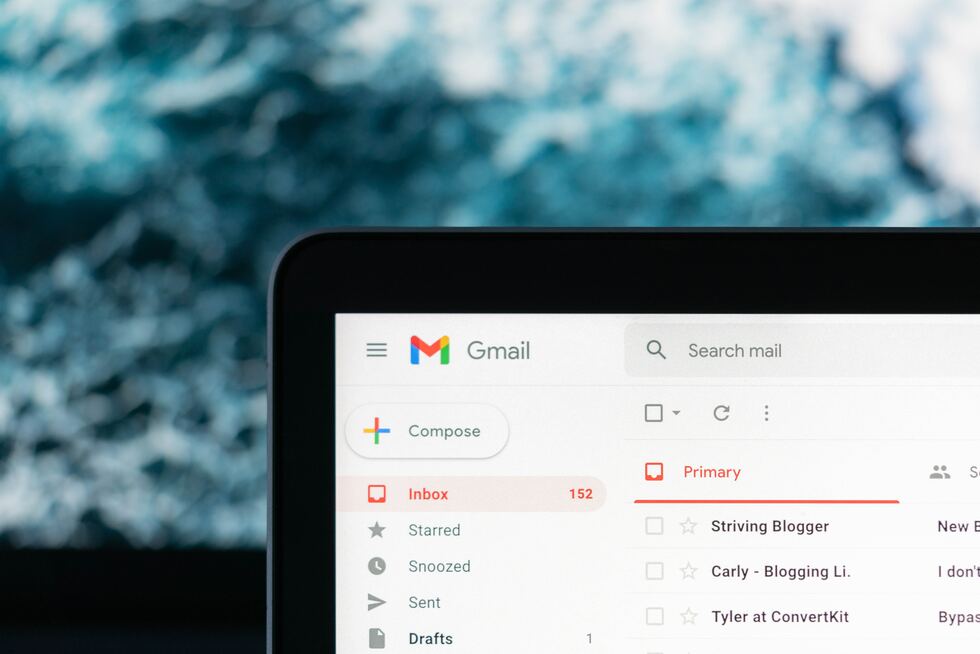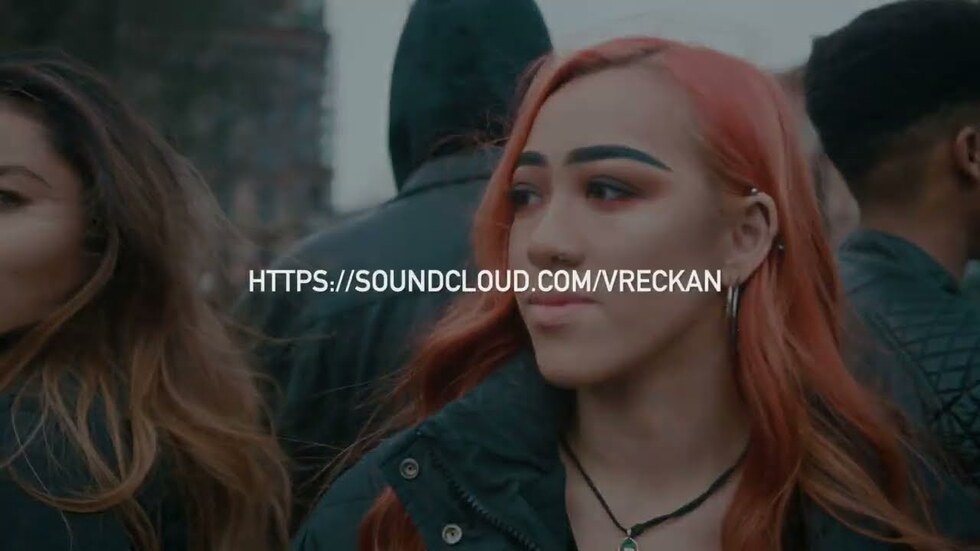
Spotify’s Swinging Compass
In the quest for transparent, equitable, and cordial relationships between artists and streaming platforms, disputes have been common place. Spotify, the leading music streaming giant, is seemingly steering its voyage into unchartered seas. Dauntlessly facing the turbulence, indications are that Spotify is gradually turning pirate – but on whose expense?
Spotify’s Upcoming Tide
According to a report by Music Business Worldwide (MBW), Spotify is preparing for a radical shift in its licensing payment model. Under the anticipated system, royalties may only be paid to those artists who can register a certain threshold of streams across the year. The remainder, who do not meet the benchmark, would be left high and dry without any form of pay.
The Streamshare pool – a common pot where all artists are paid from – may experience a 0.5% reduction in expenditures, reallocating these saved amounts to more prominent artists. Music giants stand to gain, while the smaller, upcoming artists are likely to face an armageddon of their meager earnings. Fears are rife – will the vanishing cents result in a fading dream for many independent artists?
White Noise: the Silent Threat
Caught in the same tide are producers of “white noise” or ambient soundtracks. A phenomenon brewing under the surface, many of these content producers have found a loophole in the system and capitalize on it. By trimming their sounds to around 30 seconds, they can maximize streams and thus, revenue.
Spotify proposes a counter measure; increasing the streaming timeline for these soundscapes from 30 seconds to an unforeseen duration. A clever twist of the arm, but the question remains, how far will the wave of reform reach?
Spotify’s Horizon: Fair Discipline or Ruthless Monopoly?
The decision to penalize fraudulent labels caught manipulating the algorithm, and tightening the noose on white noise is, arguably, a fair course of action. Short and trim tracks can easily be identified and curbed, and white noise, a product requiring little creativity, can be algorithmically recognized and controlled. A fair fight against exploitation, it seems.
But there lie speculations that Spotify’s motives aren’t as transparent as they portray. Many are of the opinion that Spotify harbors a veiled enterprise to streamline its platform exclusively for renowned artists, thus raising an imposing barrier for unknown, aspiring musicians and hobbyists.
Defending creative diversity and artistic inclusivity, critics argue that Spotify’s move promotes creative ‘monocultures’ and tramples on the dreams of independent artists whose primary aim is visibility and appreciation, and not merely streaming revenue.
Taking a tough stance against this ‘exploitation’, a pullout of contents from Spotify by the disgruntled artists is imminent should Spotify continue on this course. Not a step against the streaming earnings, but for upholding artists’ rights and creative principles.
Formidable questions indeed loom ahead. Is this reconstruction of payout models a genuine combat against algorithmic exploitation, or is it an ugly maneuver to boost Spotify’s profits, leaving behind a cemetery of crushed musical ambitions? Will the prospective gain of 40 million dollars per year outbalance the potential backwash of this corporate decision?
The turmoil unravels, awaiting Spotify’s clarifications on the aspersions cast on them. In this grand voyage of music streaming evolution, Spotify stands at the helm, steering the ship into the unknown. Only time will unveil whether this journey shall uncover a hidden treasure, or lead to an imposing mutiny.
Could it be that Spotify, in its journey to reshape the music streaming landscape, inadvertently becomes the very pirate it set out to fight against?
Threat or Opportunity?
So what does this all mean for creators, listeners, and the broader music industry? In a world where a streaming platform like Spotify holds so much power and influence, its decisions can potentially make or break smaller artists. Not to mention the impact on diversity, authenticity, and the future culture of music.
Indeed, this could be an opportunity for Spotify to lead the fight against exploitation and create a fair and equitable platform for all artists. A crucial crossroads beckons, with the potential to re-define the landscape for years to come. As the waves of the music industry continue to ripple and churn, creators, industry professionals, and music lovers alike watch on anxiously, waiting to see where the tides will lead.
Header Photo by Zoltan Tasi on Unsplash







